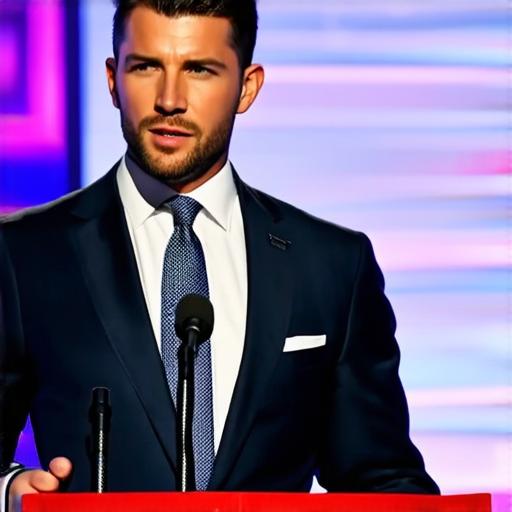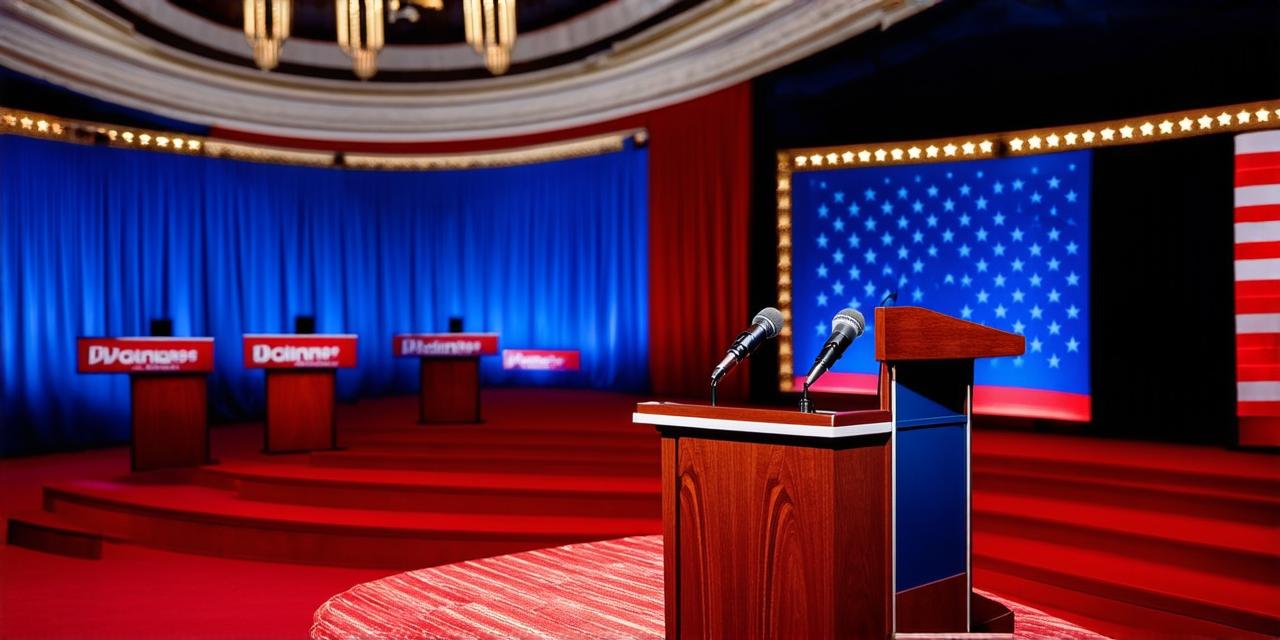Hosting Debates: Who Will Take on the Task?
Debates have been an integral part of political discourse for centuries, providing a platform for candidates to present their views and engage in constructive dialogue. However, hosting a debate can be a challenging task, requiring careful planning, logistics, and execution.
In this article, we will explore who will take on the responsibility of hosting debates, and what considerations they need to keep in mind when doing so.
The Host: Who Will Take on the Task?

Hosting a debate can be an opportunity for organizations or individuals to demonstrate their expertise, thought leadership, and commitment to transparency and accountability. In many cases, political parties, government agencies, or media outlets will take on the task of hosting debates. However, non-governmental organizations (NGOs), academic institutions, and even private companies can also play a role in hosting debates.
When deciding who will host a debate, several factors need to be considered, including:
- Audience: The organization or individual hosting the debate needs to have a clear understanding of their target audience. For example, a political party may want to appeal to a broader audience, while an NGO may focus on a specific issue or cause.
- Credibility: The host needs to be credible and trustworthy in order to attract participants and ensure the integrity of the debate.
- Resources: Hosting a debate requires resources such as venues, equipment, staff, and funding. The organization or individual hosting the debate needs to have access to these resources.
- Expertise: The host needs to have expertise in organizing events, managing logistics, and ensuring that the debate runs smoothly.
- Neutrality: The host needs to maintain neutrality throughout the debate and avoid any bias or influence on the outcome.
The Considerations: What Will the Host Need to Keep in Mind?
Once the host has been identified, several considerations need to be taken into account when organizing a debate. These include:
- Format: The format of the debate can vary depending on the type of event and the target audience. Common formats include moderated debates, panel discussions, and town hall meetings.
- Topics: The topics covered in the debate need to be relevant and engaging for the audience.
- Participants: The participants in the debate should represent a diverse range of views and perspectives, and be chosen based on their expertise and credibility.
- Logistics: The host needs to consider logistics such as venue selection, scheduling, and security.
- Marketing: Effective marketing is crucial for attracting participants and ensuring that the event is well-attended.
- Moderation: A skilled moderator can help keep the debate on track, ensure that all participants have an opportunity to speak, and maintain neutrality.
- Outcome: The host needs to consider the outcome of the debate and how it will be measured and reported.
Expert Opinions
“Hosting a debate can be a complex task that requires careful planning and execution. The host needs to have a clear understanding of their target audience, maintain neutrality, and ensure that the debate runs smoothly. However, with the right approach, hosting a debate can be an opportunity for organizations or individuals to demonstrate their thought leadership and commitment to transparency and accountability.”
“The success of a debate depends on the quality of its participants. The host needs to choose individuals who represent a diverse range of views and perspectives, and are chosen based on their expertise and credibility. This will ensure that the debate is engaging and informative for the audience.”
Real-Life Examples
To illustrate the points being made in this article, let’s look at two real-life examples of debates:
- The U.S. Presidential Debates: The U.S. presidential debates are a prime example of how debates can be organized and executed effectively. These debates are typically hosted by major news organizations such as CNN, ABC, or NBC, and feature the two major political candidates in the U.S. presidential race.
